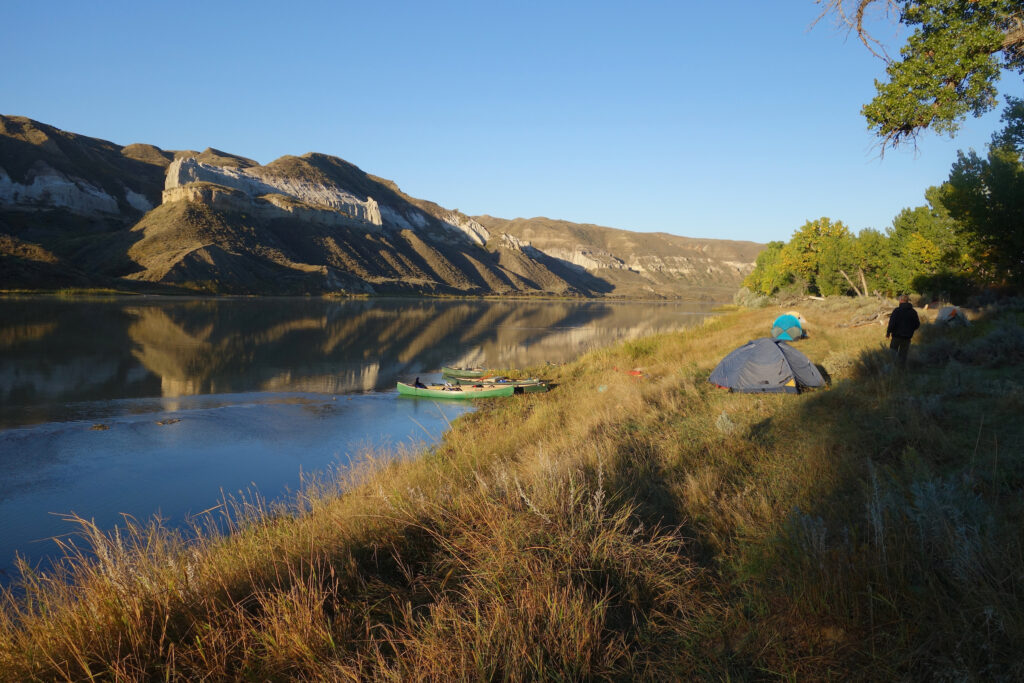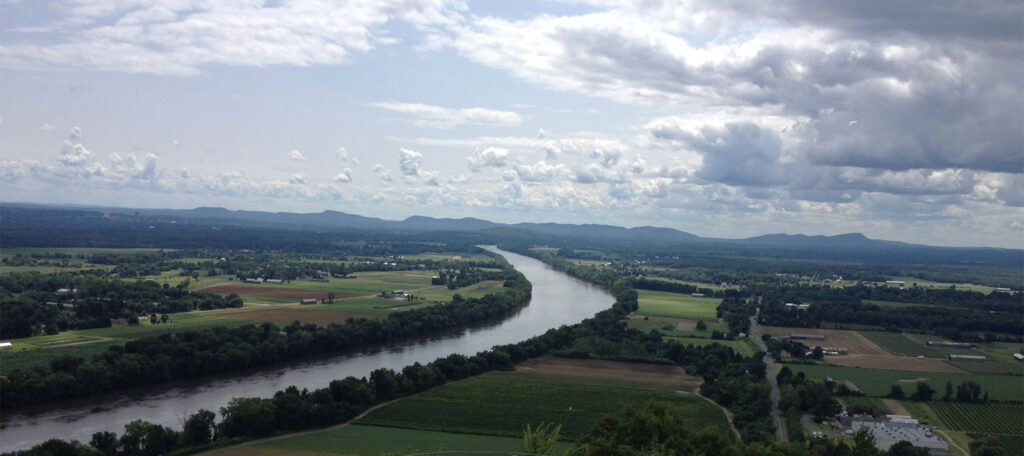Trump proposes rollbacks to public input and safeguards for our National Forests
Proposed rule would reduce protections for your National Forests, clean water and rivers.
On June 13, the U.S. Forest Service initiated a regulation change that if successful would eliminate current public participation and reduce the role of science in the vast majority of land management decisions for the nation’s 193 million acres of National Forests. A part of the Trump Administration’s push to rollback regulation, the rule would gut one of the essential bedrock laws that protects the right of the general public to know about and participate in decisions that affect federal public land, the National Environmental Policy Act (NEPA).
Unfortunately the proposed changes on National Forest lands would create loopholes to increase the speed and scale of resource extraction including logging and mining — while eliminating public awareness and input on up to 93% of proposed projects. The Forest Service has proposed to fast-track environmental review under new “categorical exclusions” allowing the agency to move project planning behind closed doors by cutting out the public from the decision-making process and eliminating any science-based review of impacts to wildlife, recreation, and drinking water, the most valuable resource on our public lands. The rule also runs counter to the agency’s push to manage forests to conserve watershed health and clean drinking water.
National Forests provide drinking water to over 66 million people in 3,400 communities across 33 states. The U.S. Forest Service values the water that flows off of our National Forests alone at over $7.2 billion annually. Healthy forests perform many of the functions of traditional water treatment facilities and water infrastructure. They store water, filter pollutants, and transport clean water to downstream communities, all while operating naturally and essentially for free. In addition to providing these water delivery and filtration services, riparian forests are also considered to be among the most ecologically important. Municipalities, and ratepayers, are increasingly recognizing the value of sound forest management upstream that saves them money.
The proposal would also remove one of the basic safeguards that prevents the agency from fast-tracking potentially harmful projects affecting high value lands and rivers including municipal drinking watersheds, Wild and Scenic Rivers, roadless areas, and potential wilderness areas.
Further, this proposal would facilitate an increase in unnecessary and expensive road-building on National Forest lands contrary to the trend, supported by the agency for years, to remove roads in the vast network of legacy roads as a way to improve watershed health and reduce growing maintenance costs. The sheer number of existing forest roads and stream crossings, many of them poorly designed, represent the largest source of sediment to water bodies from forestry operations.
This rule seeks to turn back the clock on sensible management of our public lands that currently accounts for the myriad of benefits that flow from them, especially clean drinking water. The Trump Administration seeks to remove your voice from decision-making and rollback protections for rivers. Take action now to keep them from doing so.



